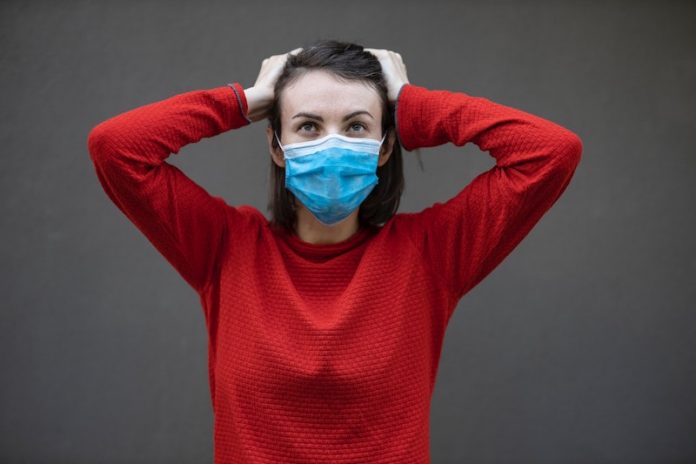
Why have some countries, such as Italy and the United States, faced major public health crises with COVID-19 cases and related deaths, while others seem to have watched the pandemic come and go as merely a blip on the radar?
In a new study, researchers found that when governmental face mask requirements were put in place is a big factor.
The research was conducted by a team at Virginia Commonwealth University.
The team looked at multiple variables across 198 countries, including age, sex ratio, obesity prevalence, temperature, urbanization, smoking, duration of infection, lockdowns, viral testing, contact tracing policies and mask-wearing norms and policies.
The study found that the single most important factor that can be controlled is wearing masks in public.
In countries that recommended face masks early on a national level, or those in which the public wore them early based on cultural norms, the COVID-19 death rate has been lower than projected.
And it’s not just by a few percent, but up to 100 times lower mortality.
Initial recommendations in the U.S. were that face masks should be reserved for health care workers and only worn by members of the general public who were experiencing symptoms.
The Centers for Disease Control and Prevention then recommended that all Americans wear masks in public beginning April 3, a couple of weeks after all 50 states had reported cases of COVID-19.
Meanwhile, several countries in Asia, including Thailand, Japan, Taiwan and Hong Kong, which maintains a separate governing system from that of mainland China, began using masks very early and have since demonstrated their effectiveness.
The team says a number of countries in Asia still have mortality close to 1 in 1 million or less. In the U.S. right now, our coronavirus mortality is 1 in 2,500 people in the population.
Italy, Spain, France and the United Kingdom also implemented mask-wearing policies much later and have had similarly high rates of infection and death.
This is critical information as states, including Virginia, begin the next phase of reopening with looser restrictions on gathering and entering public spaces—and as health officials warn that another wave of COVID-19 is possible.
The team says it’s very important for people to wear masks when we’re around others, particularly when indoors. That’s the bottom line.
This study shows it really can make a difference in preventing the spread of infection and helping people do all the things they want.
Masks do not need to be medical quality or prohibitively expensive.
When worn properly over the nose and mouth, store-bought or homemade cloth masks can be effective in preventing the spread of respiratory droplets and coronavirus.
It’s key to continue frequent and thorough hand-washing, along with social distancing to limit the spread of coronavirus as well.
Two additional factors when controlling for other variables were the age of the population, specifically those over 60, and urbanization.
These results were not surprising, given that older adults tend to have more adverse outcomes with infection when compared to people who are younger.
Cities, where social distancing is often more difficult, are also being hit harder in terms of infection and per capita coronavirus-related mortality rates.
Other factors, such as smoking rate and household income, did not appear to be as strong in affecting mortality due to COVID-19, while less-controllable environmental factors, such as temperature, humidity and sunlight, may be relevant and warrant further investigation.
One author of the study is Christopher Leffler, M.D.
The study is currently in the peer-review process.
Copyright © 2020 Knowridge Science Report. All rights reserved.



